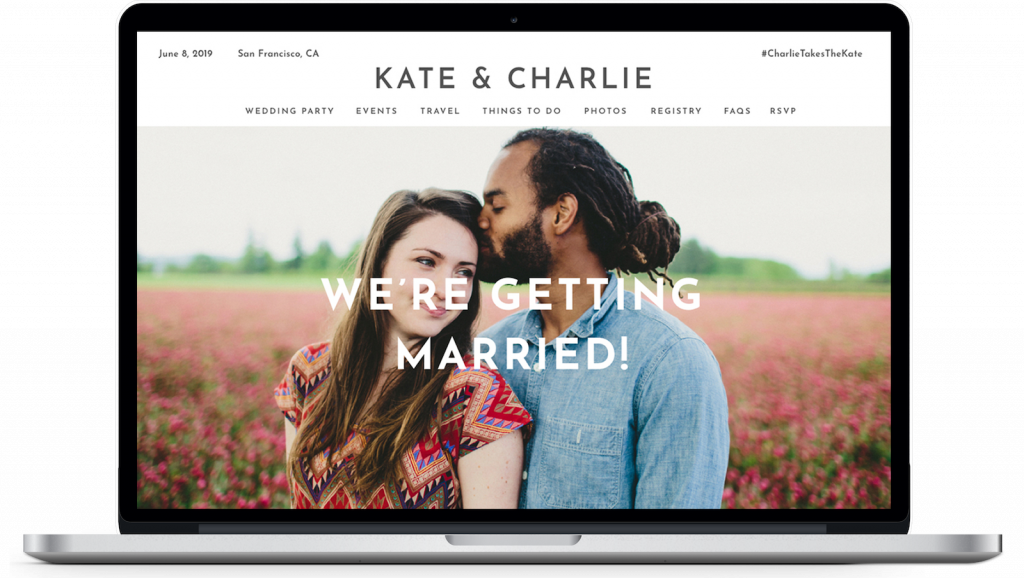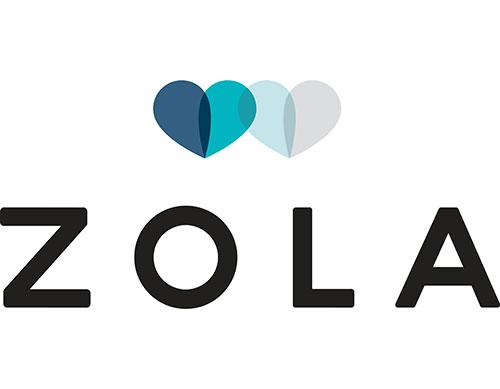Four weddings and a business idea – the story and lessons of Zola

2013 seemed to be the year that all of Shan-Lyn Ma’s friends decided to get married. She went to a lot of weddings (actually more than four!) and bought a lot of gifts most from the different registries her friends had chosen. However, unlike many other guests her interest in those registries didn’t end with a purchase. She was amazed that it was one of the most painful ecommerce experiences she had ever had and working for Gilt Groupe she had the experience and expertise to know what she was talking about.
She mentioned it to Nobu Nakaguchi, her friend and colleague at Gilt. Having got married in 2005, Nobu had seen it from the couples’ point of view and said for him and his now wife it had been “painful”.
They decided to take a closer look at the different offers. They both agreed it was far from ideal. Nobu felt there had been little progress since he got married; while there was mobile app, their design and UX… (user experience) looked like they had not progressed very much at all.
Together they agreed that here was an opportunity for them: both had wanted to start their own business and here was the chance to address the problems that the existing registries just seemed to be ignoring.
They immediately recognized that many of the current engaged couples were different from previous generations. The majority lived together before marriage; these couples were getting married at an older age than previous generations, and that they managed their lives through their mobile devices.
They wanted to address the needs of these modern couples and re-imagine the registry from the ground-up; to be more flexible, convenient and fully personalized.
They talked to friends and family and friends of friends who were engaged or who had recently got married and discovered that most couples chose 2-3-4 different registries to cover all they wanted, making the process more complicated, so…

“We’re the only registry that lets couples register directly for products (like a Vitamix), experiences (wine tastings) and cash funds (for that honeymoon), all in one beautifully designed, easy to use registry” says Shan-Lyn.
Nobu who would become Zola’s Chief Design Officer recognized the need for a different experience. He instinctively understood that making a list of things you want your friends to buy for you was “a little weird” and the apps that were around at the time were basically functional check-out carts. Nobu and Shan-Lyn decided they wanted to change the conversation and make it more personal and wanted the experience to be like what people wanted their wedding to be – “beautiful.”
They also developed a business model based on ‘drop-shipping’ which was to prove to be a win-win.
Drop-shipping for Zola means that when they accept a customer’s order, they don’t actually fulfill it. Instead they transfer the order and the shipment details to the manufacturer or the relevant brand which then ships the goods directly to the couple. It is a form of supply chain management and, importantly, it means that Zola does not have to keep goods in stock. This eliminates the cost of maintaining a warehouse, storing inventory, and employing the necessary staff to fulfill the orders. Zola now has relationships with over 700 brands covering some 7000 products and is continuing to expand these
The second ‘win’ that Zola discovered, was that enabling couples to pick when they wanted their gifts delivered was also a real benefit. Many didn’t want their gifts immediately, as they were off on honeymoon or moving to a new space.
Zola launched late in 2103, initially as an online wedding registry. It was a success. As Shan-Lyn described it for every couple they acquired, they got free publicity to the 100 people or so who were guests at the wedding, and that helped spread the word.
Shan-Lyn and Nobu had, from the beginning, seen the registry as only one aspect of the whole wedding journey where they could help, and make things better. They wanted to be an integral part of the whole eco-system and describe their mission as:
‘to help couples from the day they get engaged through the whole wedding planning journey and into their first year of marriage.’

So, in 2017, they expanded, introducing wedding planning services. The free service includes wedding websites, guest lists, RSVP tracking, and customizable checklists.
Then in 2018 they introduced customized wedding invitations and save the dates.
Recognizing that for some of the products – like bedsheets for example – the opportunity to see them and feel them, was important… so they trialed their first brick-and-mortar location; a pop-up shop in the Flatiron District of New York City.
As of February 2019, the company has a valuation of $600 million and looks set to become another unicorn (This is despite not having actually made a profit yet).
And the moral is, well morals…
identify an established industry where the (user) experience doesn’t live up to what the category deserves
understand and meet the needs of customers better than what has gone before
look to build a whole eco-system

Footnote: the name was suggested by Kevin Ryan’s son who was doing an internship at the business and was charged with finding all the possible words that could be linked to the business. Amongst his list was Zola – a Zulu word meaning love and happiness